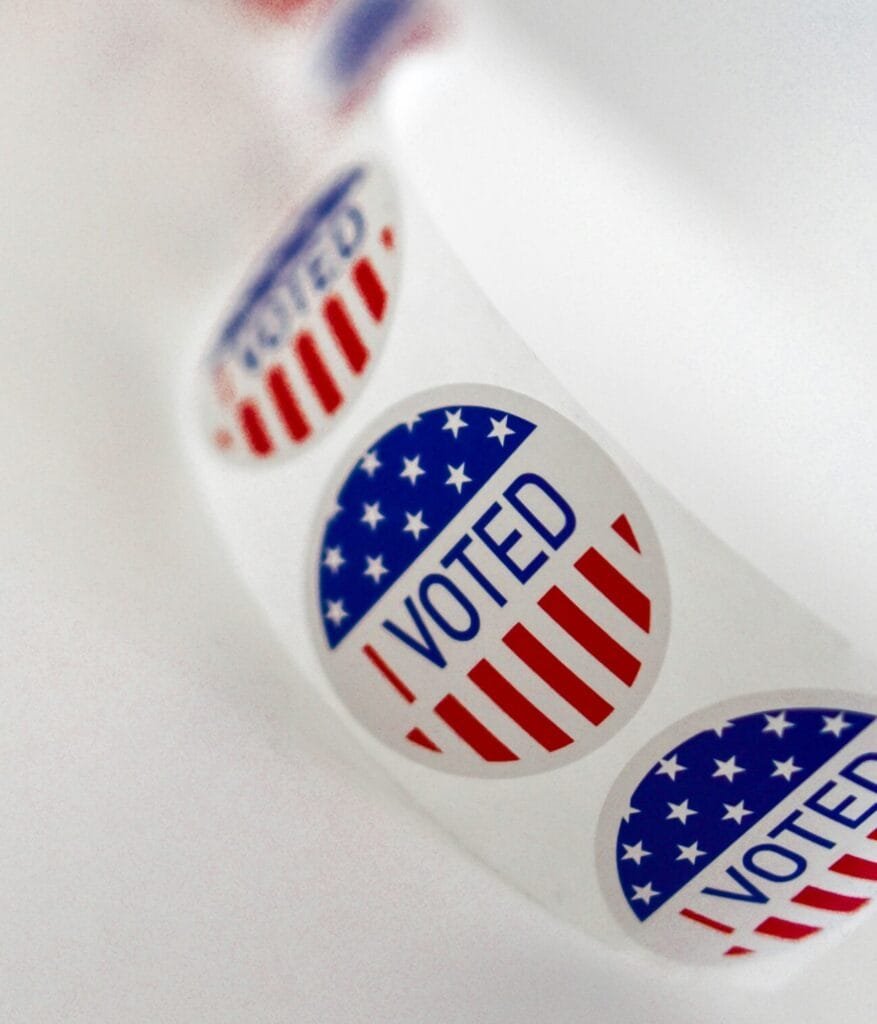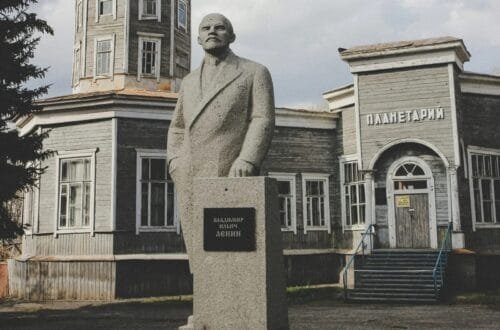Government Shutdowns: Perspective on GOP Control

What is a Government Shutdown?
Government shutdowns are not the everyday occurrences that many of us might think they are. They happen when Congress fails to pass legislation funding the government, leading to a lapse in appropriations. When this occurs, non-essential functions of the government cease, resulting in the furlough of many federal employees.
GOP Control and Shutdowns: A Pattern Over the Decades
Throughout the last 30 years, a striking pattern has emerged surrounding government shutdowns: each one coincided with periods when the GOP controlled the House of Representatives. This fact is intriguing and raises questions about the party’s role in these shutdowns.
For instance, some notable shutdowns occurred during Clinton’s presidency in the 1990s, primarily instigated by disputes between a GOP-controlled House and a Democratic president. Fast forward to the Obama years, where disagreements over healthcare and budget priorities led to significant cuts, once again showcasing a similar scenario.
Examining the Consequences
One of the worst things about a government shutdown is the ripple effect it creates—not just for the government employees who face furloughs or uncertainty, but also for the citizens relying on government services. From delayed tax refunds to reduced services in national parks, the impact is far-reaching.
Additionally, government shutdowns often lead to severe consequences on the economy. Businesses that rely on government contracts may find themselves in jeopardy, and the uncertainty can shake consumer confidence, hesitantly stimulating spending when it’s needed most.
Looking Ahead: Is There a Solution?
Looking at the cyclical nature of this issue, one wonders if there are ways to break this pattern. How can political parties collaborate to ensure that government shutdowns don’t become a recurring theme? Some advocate for bipartisan committees to negotiate budgets well ahead of deadlines, while others suggest revisiting budgetary processes to reduce confrontation.
Ultimately, fostering a culture of cooperation rather than conflict could be a step in the right direction. As citizens, we can become more informed about the political landscape and support candidates who prioritize compromise over divisive tactics.
The correlation between GOP control of the House and government shutdowns over the past 30 years reveals a pressing need for reevaluation of political strategies and collaboration. It’s time for our leaders to find common ground and work toward stability for both the government and the nation as a whole.




